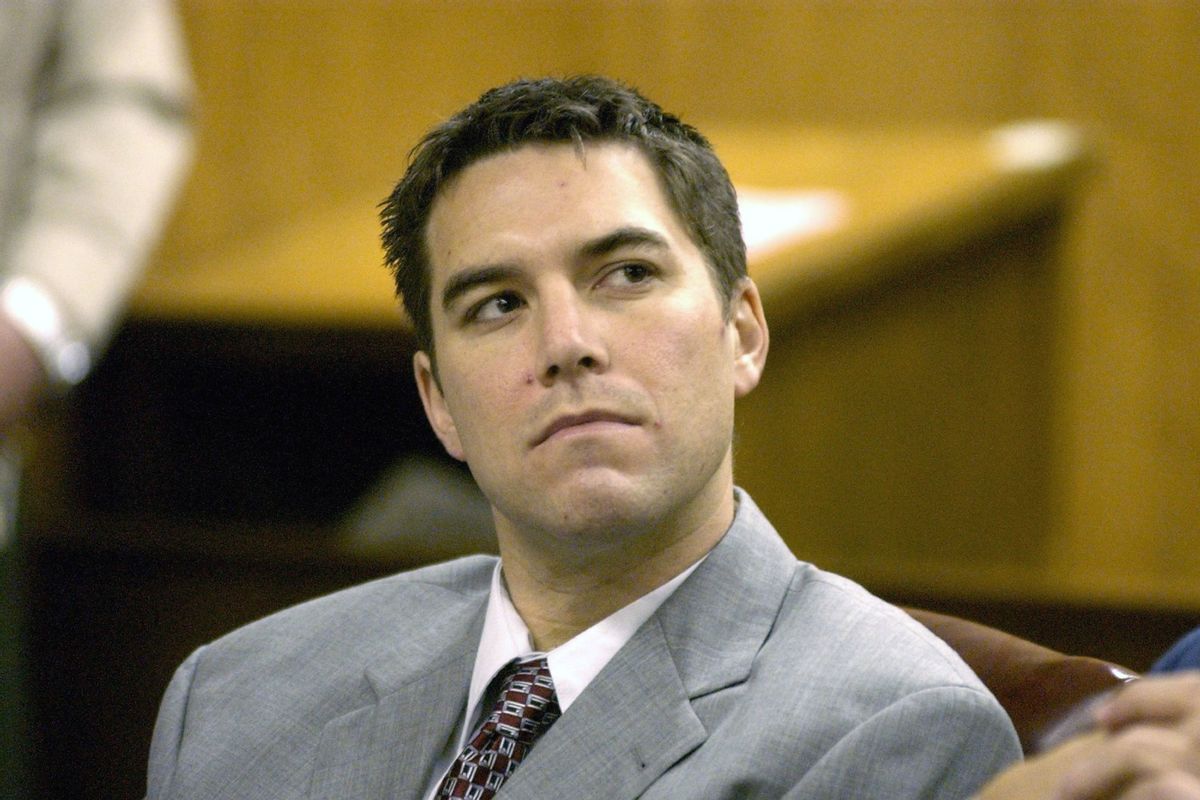In 2004, Scott Peterson was convicted in the deaths of his wife, Laci Peterson, and their unborn child, facing a death sentence that later became life in prison without parole in a reversal by the California Supreme Court "after finding that jurors were erroneously dismissed, partly because they expressed objections to the death penalty on a questionnaire," per CNN's reporting.
Currently serving his sentence at the Mule Creek State Prison in Ione, California, his case is being taken on by The Los Angeles Innocence Project, which provides pro bono investigatory services and legal representation to people who were convicted of crimes they did not commit, in an effort to examine the possibility of a wrongful conviction.
On Wednesday, a motion was filed to the court for an order directing the testing of evidence from the original trial for DNA, according to NBC Los Angeles, and Pat Harris, Peterson's attorney, told the network, "I will confirm that we are thrilled to have the incredibly skilled attorneys at the LA Innocence Project and their expertise becoming involved in the efforts to prove Scott’s innocence."
Since being charged with first-degree murder of his wife, who was 27-years-old and eight months pregnant with their child at the time, Peterson has maintained his innocence, and attorneys with LAIP claim that "numerous specific items of post-conviction discovery" supports that.



Shares